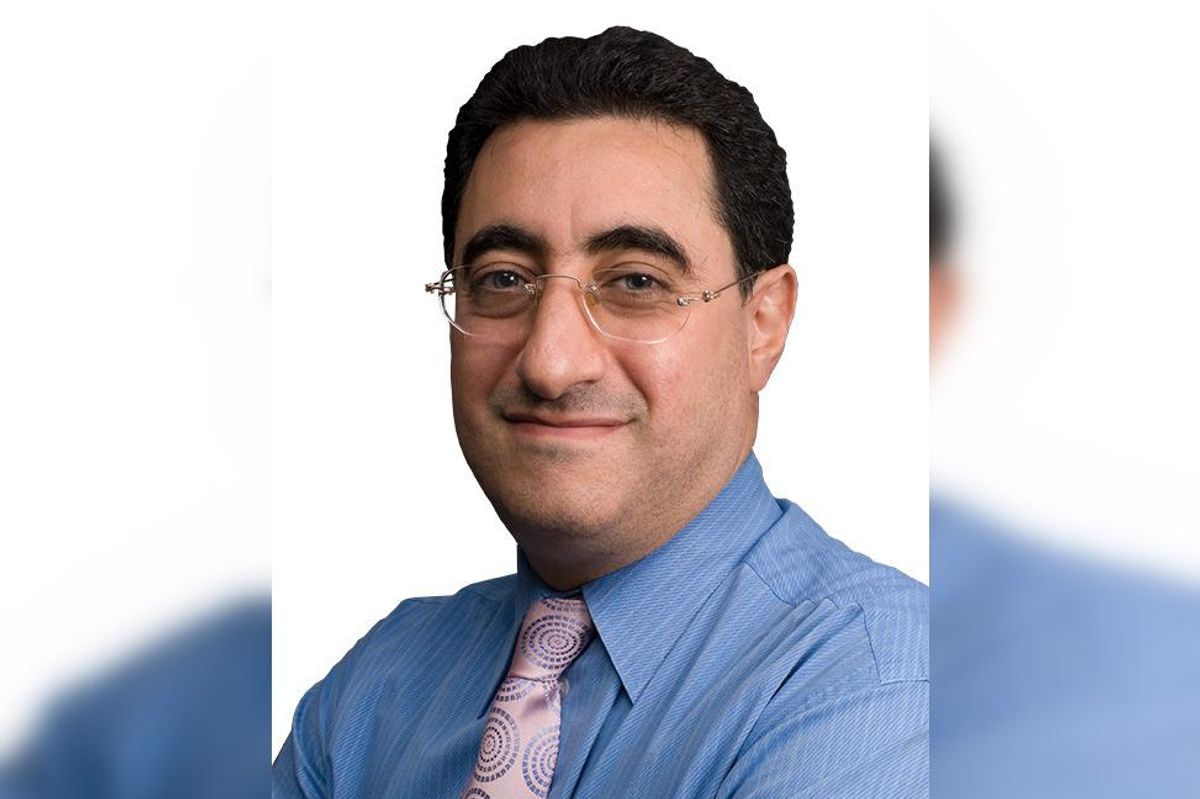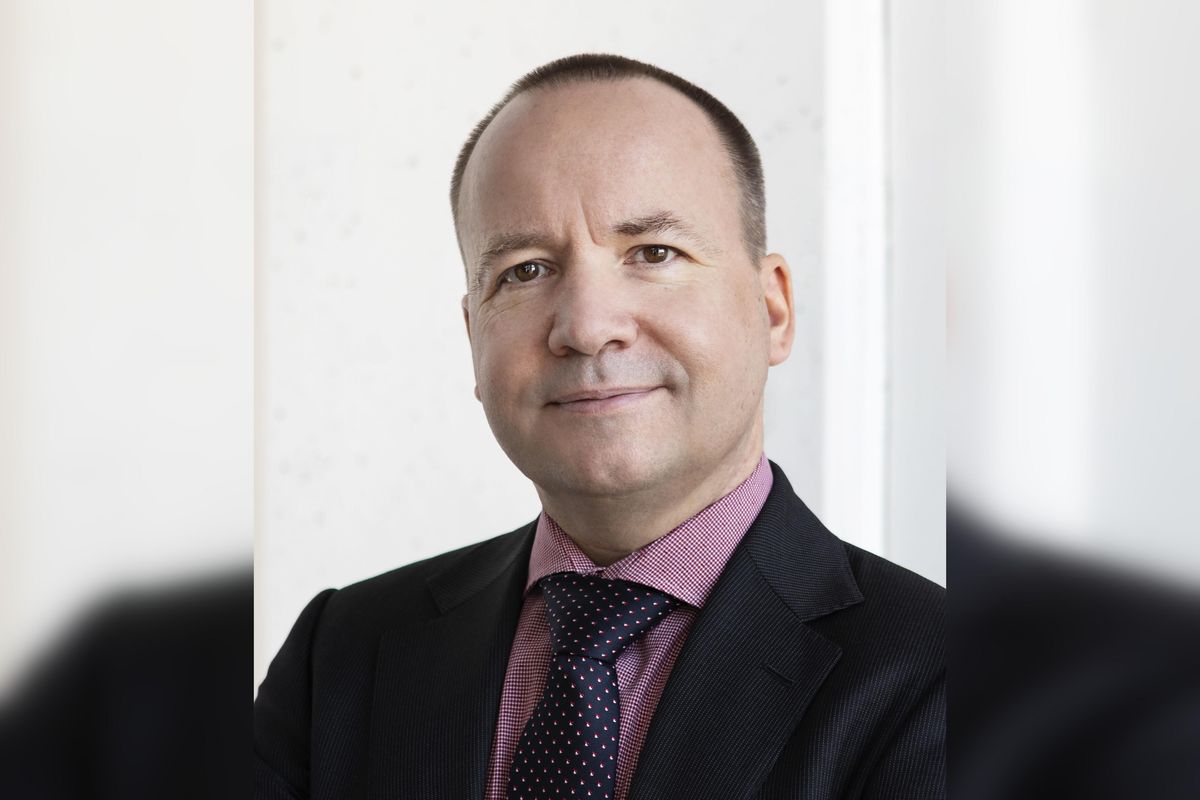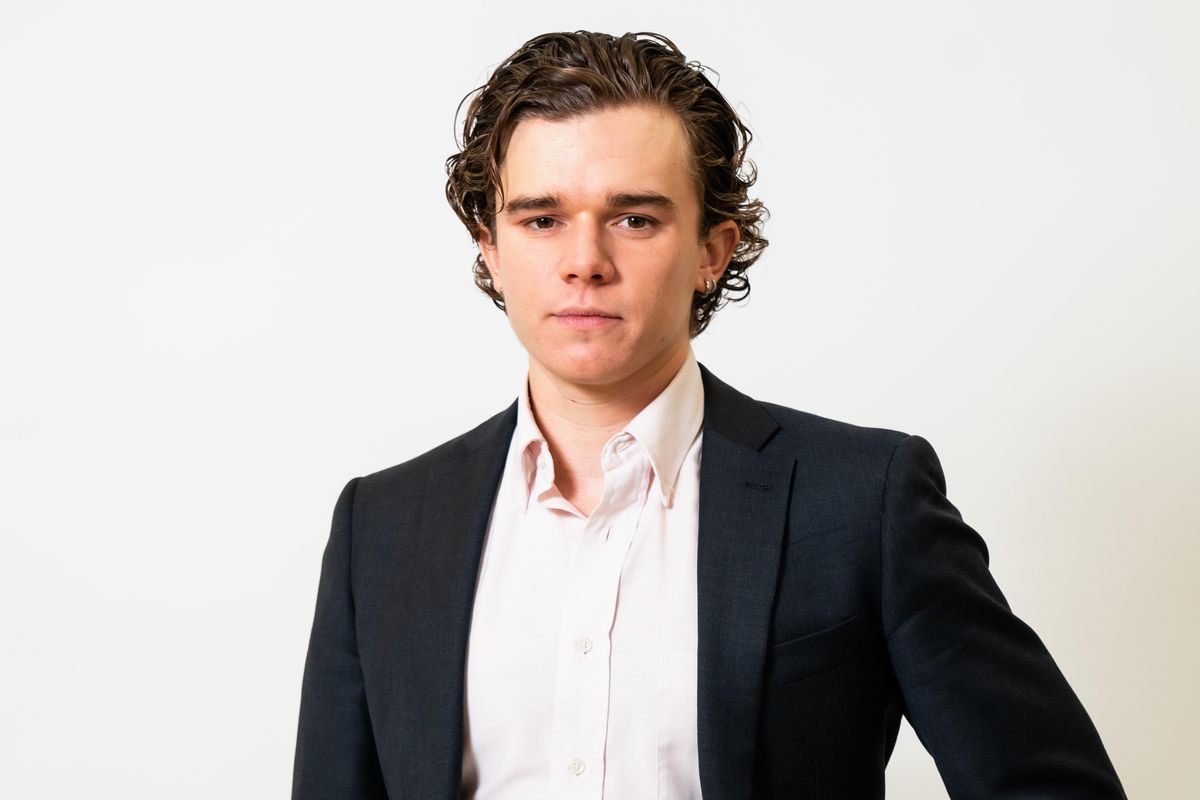Houston bio-based materials founder rebrands, evolves future-focused sustainability startup
HOUSTON INNOVATORS PODCAST EPISODE 255
At first, Zimri T. Hinshaw just wanted to design a sustainable, vegan jacket inspired by bikers he saw in Tokyo. Now, he's running a bio-based materials company with two product lines and is ready to disrupt the fashion and automotive industries.
Hinshaw founded Rheom Materials (née Bucha Bio) in 2020, but a lot has changed since then. He moved the company from New York to Houston, built out a facility in Houston's East End Maker Hub, and rebranded to reflect the company's newest phase and extended product lines, deriving from dozens of different ingredients, including algae, seaweed, corn, other fruits and vegetables, and more.
"As a company, we pivoted our technology from growing kombucha sheets to grinding up bacteria nanocellulose from kombucha into our products and then we moved away from that entirely," Hinshaw says on the Houston Innovators Podcast. "Today, we're designing different materials that are more sustainable, and the inputs are varied."
Now, in addition to Rheom's leather-like alternative, Shorai, the company has a plastic-like material, Benree, that's 100 percent bio based.
"The scope of what we were doing — both on what raw materials we were using and what we were creating just kept expanding and growing," Hinshaw says.
With that major evolution past just kombucha-based textiles, it was time for a new name, ideated by the company's technical team. "Rheom" is the combination of "rheology" — the study of how polymers flow — and "form."
Rheom has also built a state-of-the-art chemicals testing lab at its new facility after moving into it early last year.
"We've got a ton of capabilities now — and we've been growing those since the beginning," Hinshaw says. "Now we have all this testing equipment — things that pull materials apart, things that test the flexibility of materials."
Next up, Rheom, which is backed by Houston-based New Climate Ventures, among other VCs, will raise a series A funding round to continue supporting its growth.






